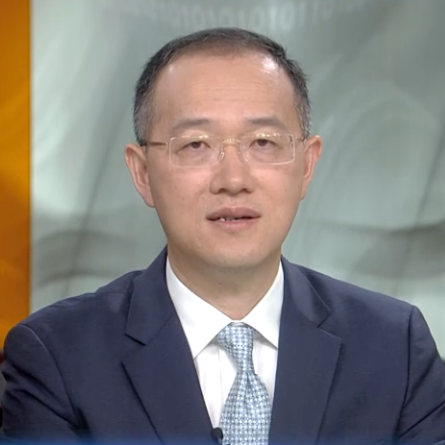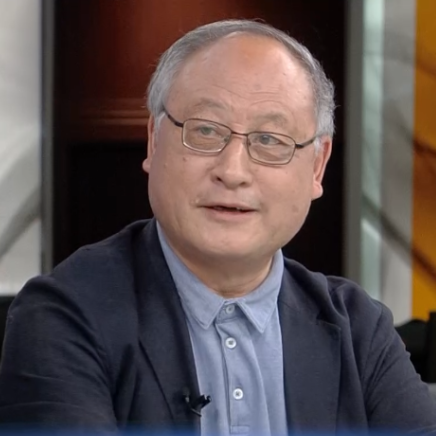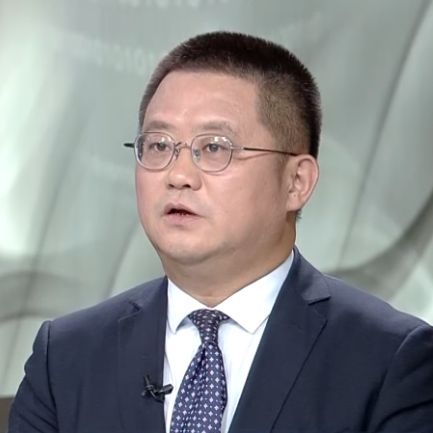


Introduction
The 2023 World Cities Day China Observance has drawn to a close. This year marks the tenth anniversary of World Cities Day. Over the past decade, World Cities Day has provided a crucial platform for global cities to share experiences and enhance cooperation, contributing significantly to promote a sustainable, inclusive, safe, and resilient world. Starting from November 8th, we are launching a special program for World Cities Day 2023 for learning and exchanges.
The first episode invites three distinguished guests: Zhang Xingrong, President of the Yangtze River Delta Financial Research Institute of Bank of China Shanghai Branch; Zhu Dajian, Director of the Institute for Sustainable Development and Management at Tongji University; and Yu Hongyuan, Director of the Institute of Comparative Politics and Public Policy at the Shanghai Institutes for International Studies. They will engage in an insightful dialogue on pooling resources and collectively constructing a sustainable urban future.
Guests

Zhang Xingrong
President of the Yangtze River Delta Financial Research Institute of Bank of China Shanghai Branch

Zhu Dajian
Director of the Institute for Sustainable Development and Management at Tongji University

Yu Hongyuan
Director of the Institute of Comparative Politics and Public Policy at the Shanghai Institutes for International Studies
According to the World Bank's "Global Economic Prospects" released in January 2023, global economic growth is forecasted to reach only 1.9% in 2023. Against this backdrop, many regions worldwide might face prolonged challenges of weak investment and sluggish growth for several years to come. Achievements in areas such as education, healthcare, poverty reduction, and infrastructure development may also struggle to be sustained. Moreover, meeting various demands related to climate and environmental changes becomes even more challenging. The targets set forth by the United Nations' 2030 Agenda for Sustainable Development have significantly lagged behind. The funding gap to achieve the Sustainable Development Goals (SDGs) by 2030 is estimated to be as high as $2.6 trillion per year.
The attainment of these Sustainable Development Goals requires concerted efforts to efficiently utilize and allocate various forms of capital while emphasizing the conservation and development of natural and cultural capital. Collaboration among countries, city governments, financial institutions, businesses, urban residents, and other stakeholders is crucial to collectively contribute to financing sustainable development. This can be achieved through innovation by transitioning from allocation-based models to financing mechanisms.
However, "pooling resources" doesn't solely refer to financial resources. The international community widely acknowledges that a sustainable urban future necessitates the collective involvement of all stakeholders. The process of urban development is also about shared prosperity among all citizens, requiring the organic integration of funds, personnel, technology, and the continual efforts across economic, social, environmental, cultural, and governing sides. Only through sustained efforts across these sides can the goal be achieved, leading to a shared, more promising urban future.
Source: <https://mp.weixin.qq.com/s/x9MxgObEyVbwLIz0PIOKkQ>
Translated by He Huiling